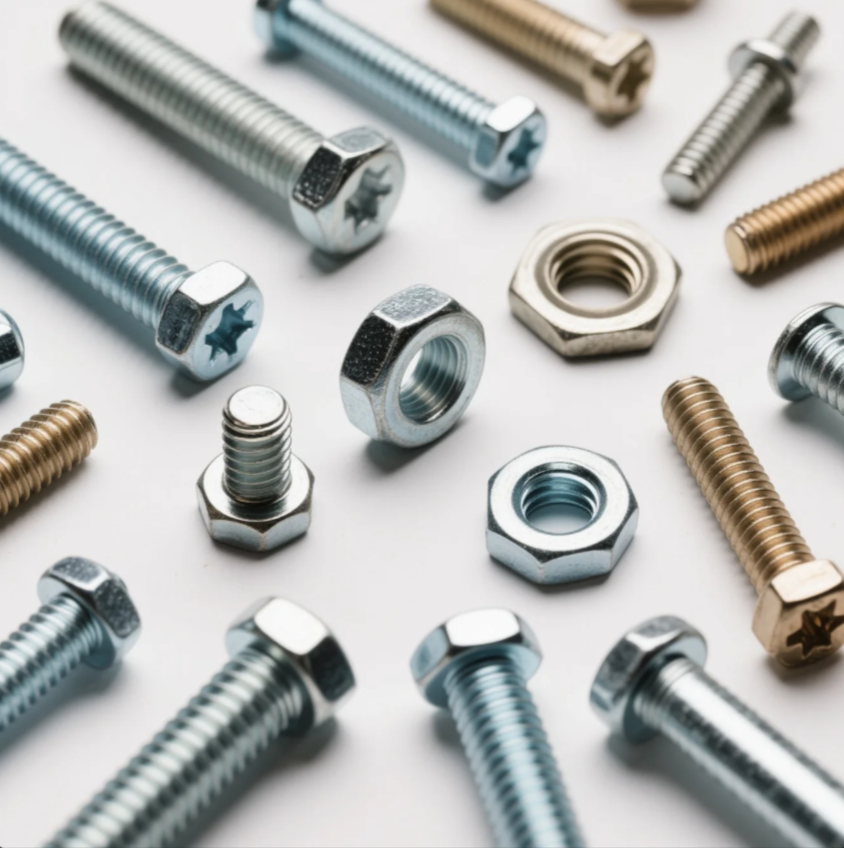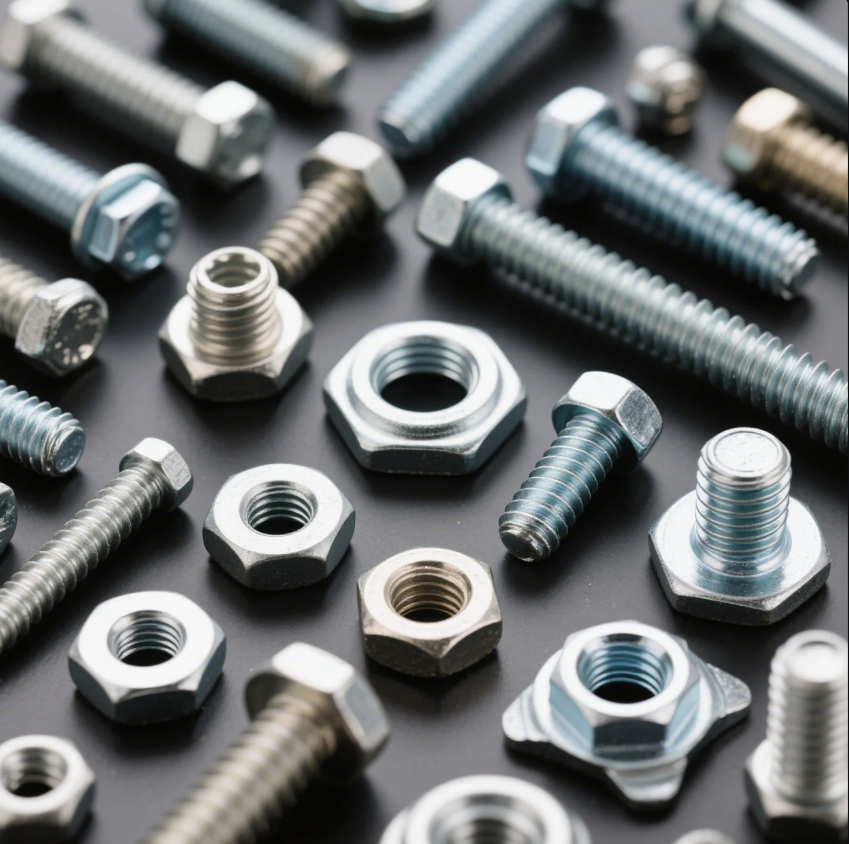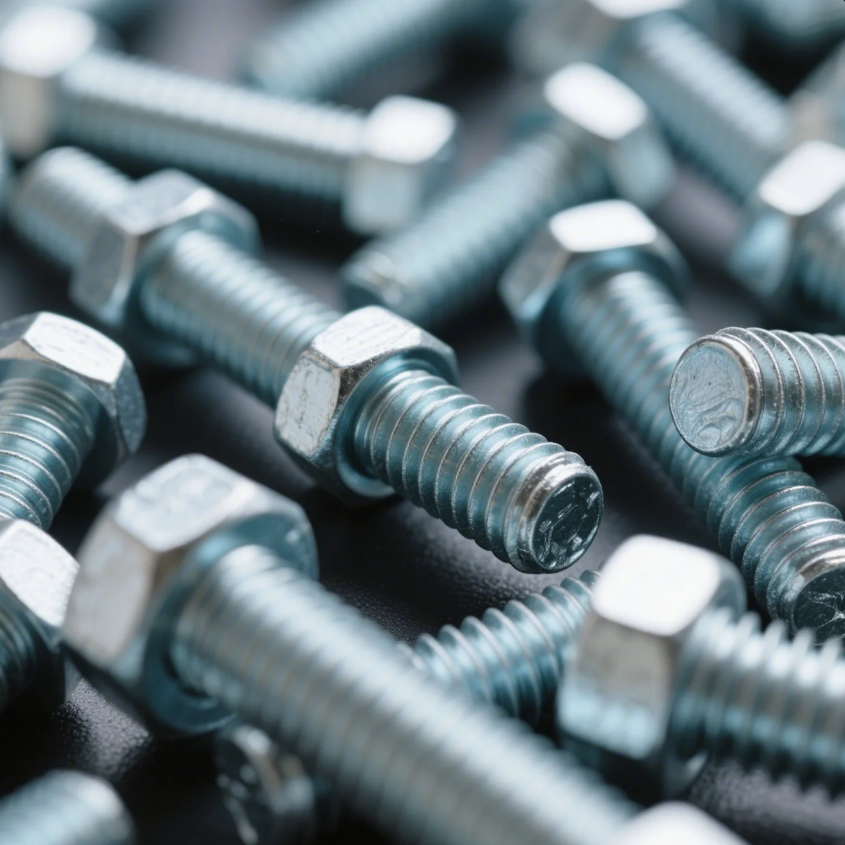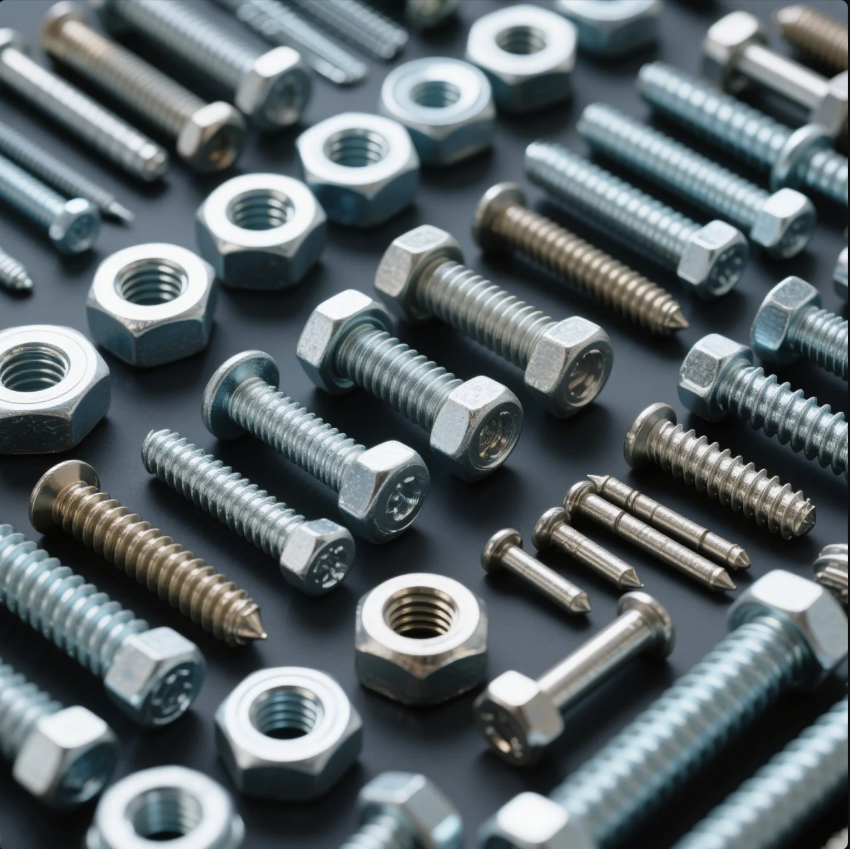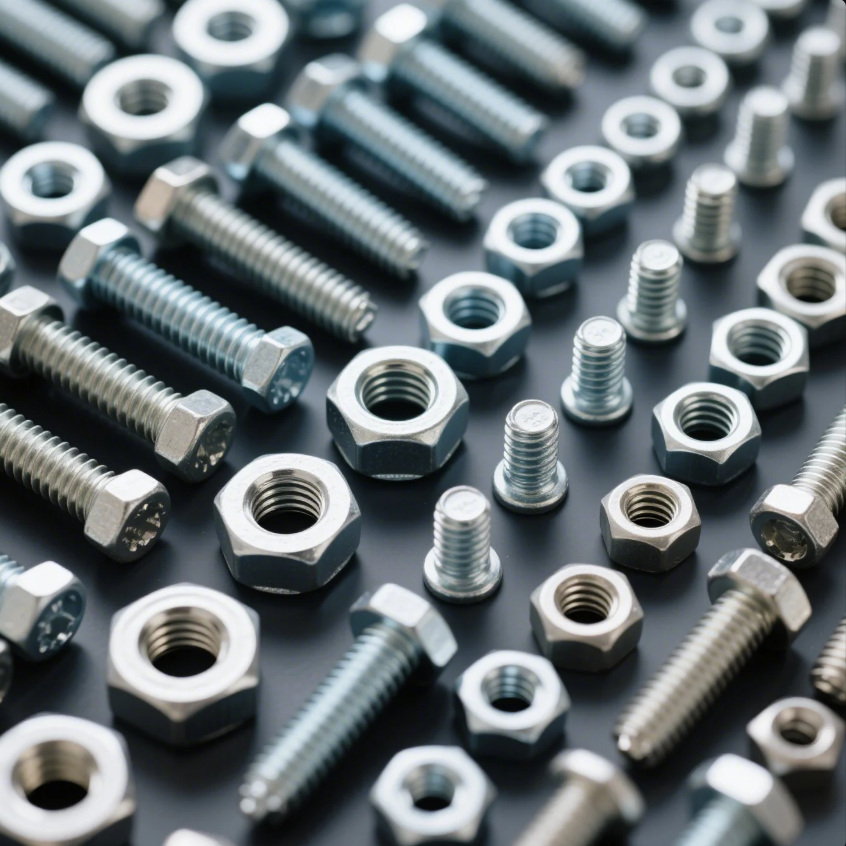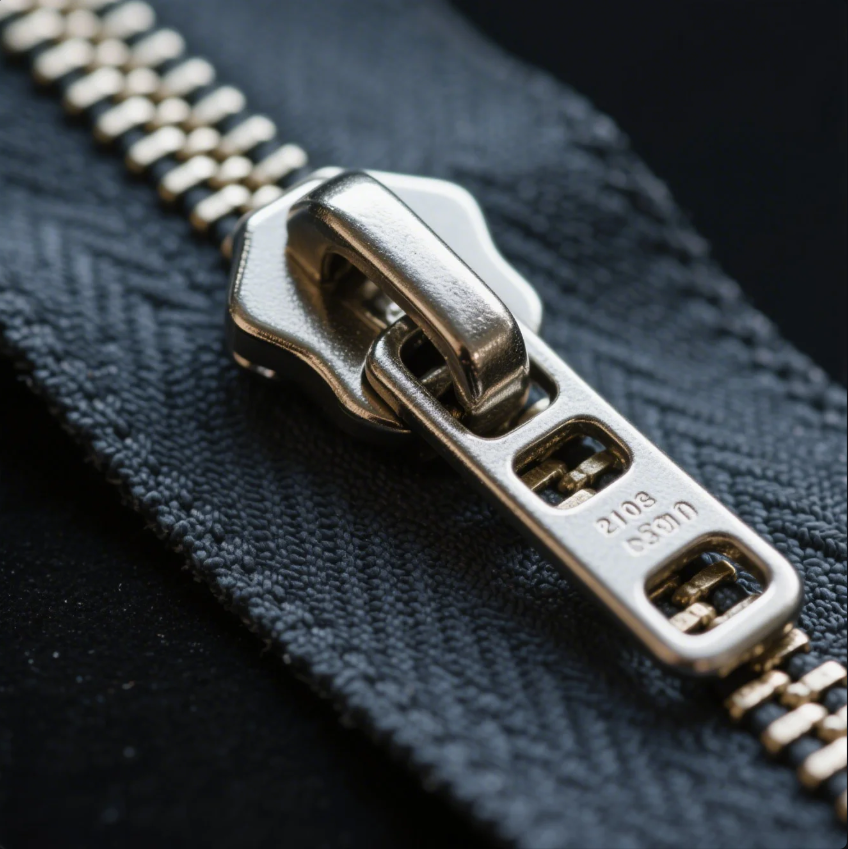TEMPLATE_START
What are the most common metals used in forging?
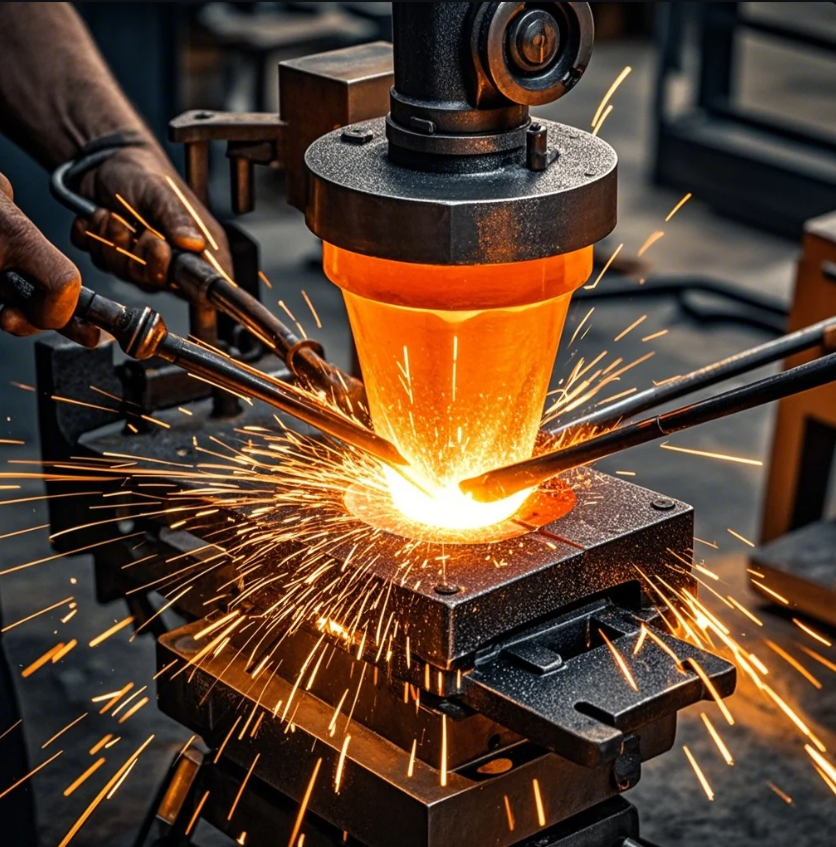
Most buyers struggle to choose the right forging metal.
This article explains which metals are best for forging and how to choose the right one for your needs.
Not all forging metals are created equal—understanding differences can prevent costly mistakes.
What metals are used in forging?
Many buyers don’t know which metals are suitable for forging.
The most common forging metals include carbon steel, stainless steel, aluminum, copper, and titanium.
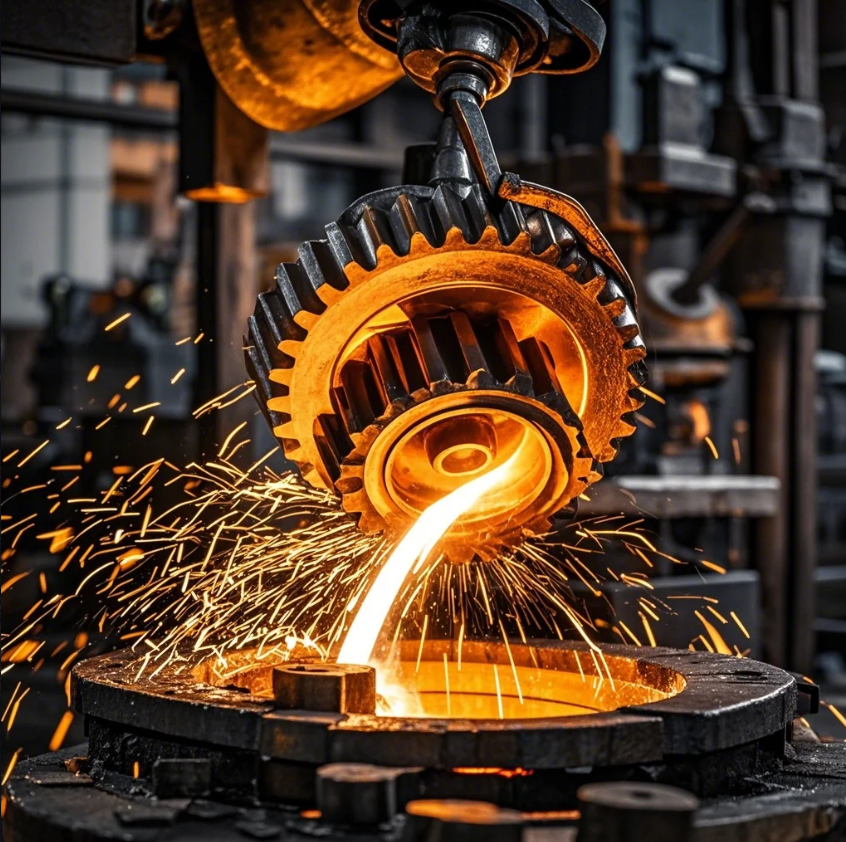
Why different metals matter in forging
Different metals react differently under heat and pressure. For forging, this matters a lot. Some metals offer better strength, others better corrosion resistance. Choosing the wrong one can result in poor product performance or even safety hazards.
At Prime, we work with a wide range of forging materials based on client needs. Below is a simple comparison:
| Metal | Strength | Corrosion Resistance | Forgeability | Cost |
|---|---|---|---|---|
| Carbon Steel | High | Low | Excellent | Low |
| Stainless Steel | Medium-High | Excellent | Moderate | Medium |
| Aluminum | Medium | Good | Excellent | Low |
| Copper | Low | Good | Easy | Medium |
| Titanium | Very High | Excellent | Difficult | High |
We help clients choose the right forging metal depending on their application, budget, and performance requirements. For example, carbon steel is a go-to for automotive parts, while titanium is ideal for aerospace due to its high strength-to-weight ratio.
What is the best metal for forging?
Buyers often ask which metal is best—but it depends on their needs.
Carbon steel is the most widely used forging metal due to its cost-effectiveness and strength.
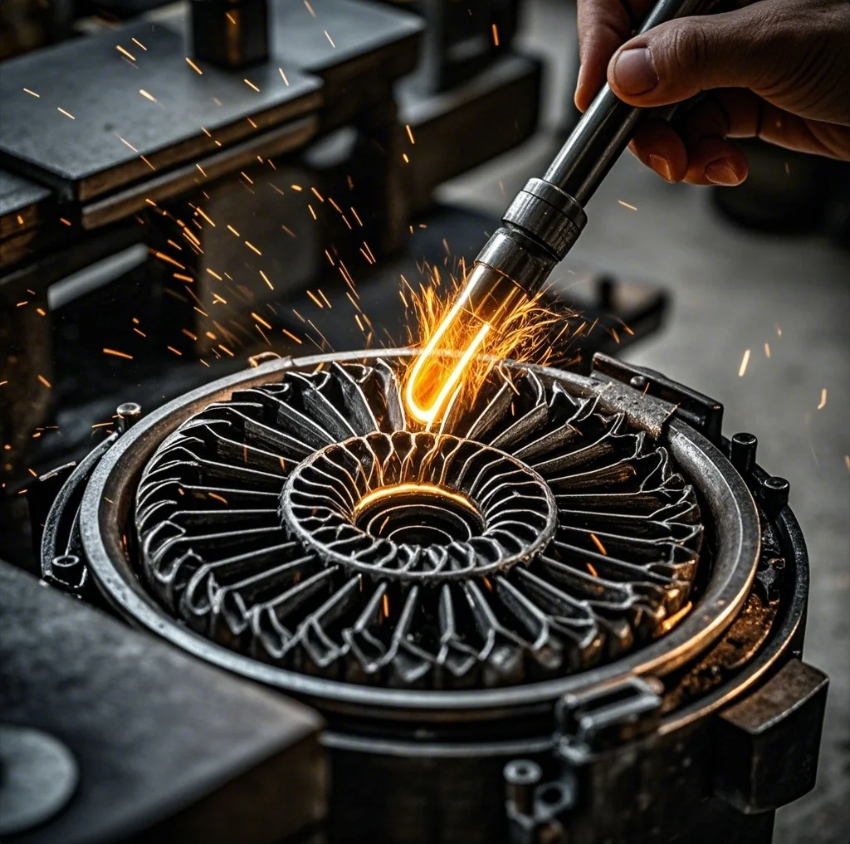
Consider strength, formability, and cost
There is no one-size-fits-all answer. We guide customers based on application. Here's how we break it down:
1. For heavy-duty industrial applications
Carbon steel offers unmatched durability and is easy to forge in large batches. It's widely available and cost-effective.
2. For corrosion-sensitive environments
Stainless steel or copper alloys are ideal. Stainless steel is particularly suited for food-grade or marine uses.
3. For lightweight needs
Aluminum is the winner. It's light, easy to forge, and economical.
| Application | Best Metal | Reason |
|---|---|---|
| Automotive parts | Carbon steel | Strong, cheap, easy to forge |
| Marine equipment | Stainless steel | Corrosion resistance |
| Electronic connectors | Copper | Conductivity + easy to forge |
| Aerospace components | Titanium | Strength + weight advantages |
At Prime, we don’t just sell—we consult. Every project starts with a deep conversation about your application to make sure we match the right metal to your part.
What common items are forged?
Buyers may not realize how many everyday parts come from forging.
Forged parts include gears, bolts, crankshafts, and structural brackets.
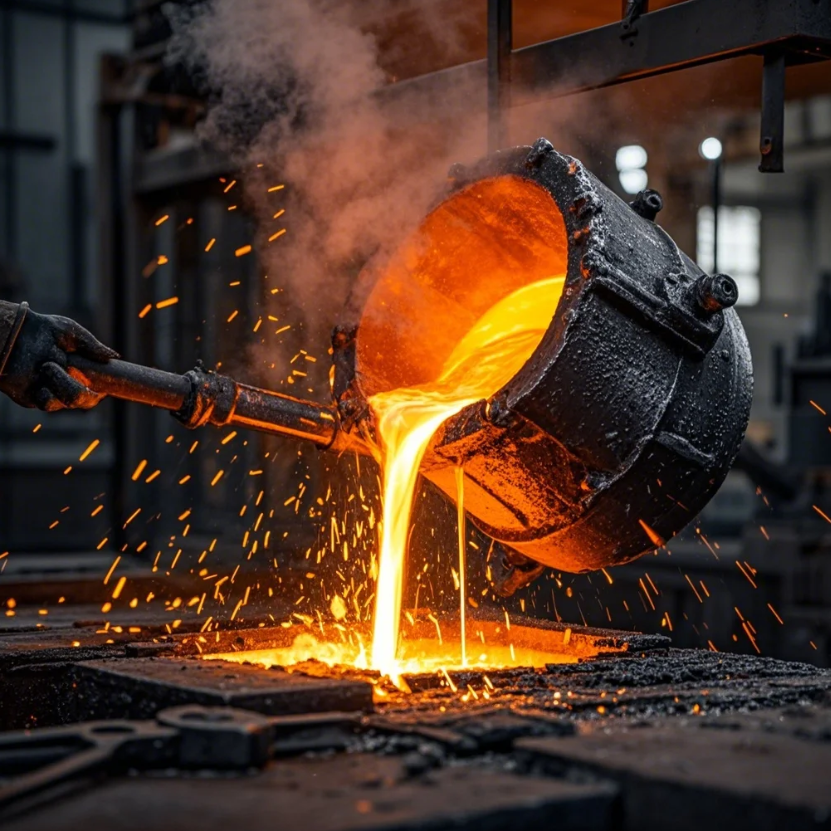
Where forged components are everywhere
Forging is essential in almost every major industry. Our factory produces forged parts for industries such as:
- Automotive
- Aerospace
- Agriculture
- Construction
- Oil & Gas
Let’s look at some everyday examples:
| Forged Item | Industry | Material Commonly Used |
|---|---|---|
| Connecting rods | Automotive | Carbon steel |
| Valve components | Oil & Gas | Stainless steel |
| Brackets and hinges | Construction | Mild steel or aluminum |
| Landing gear parts | Aerospace | Titanium |
| Agricultural linkages | Agriculture | Alloy steel |
At Prime, our forged components are precision-made on dedicated lines. We support custom forging, allowing clients to get parts in special shapes, sizes, or surface treatments. Our ISO-certified processes ensure parts meet strict standards for strength and precision.
What metal is easiest to forge?
New buyers often want the simplest and most cost-efficient option.
Aluminum is the easiest metal to forge thanks to its low melting point and malleability.
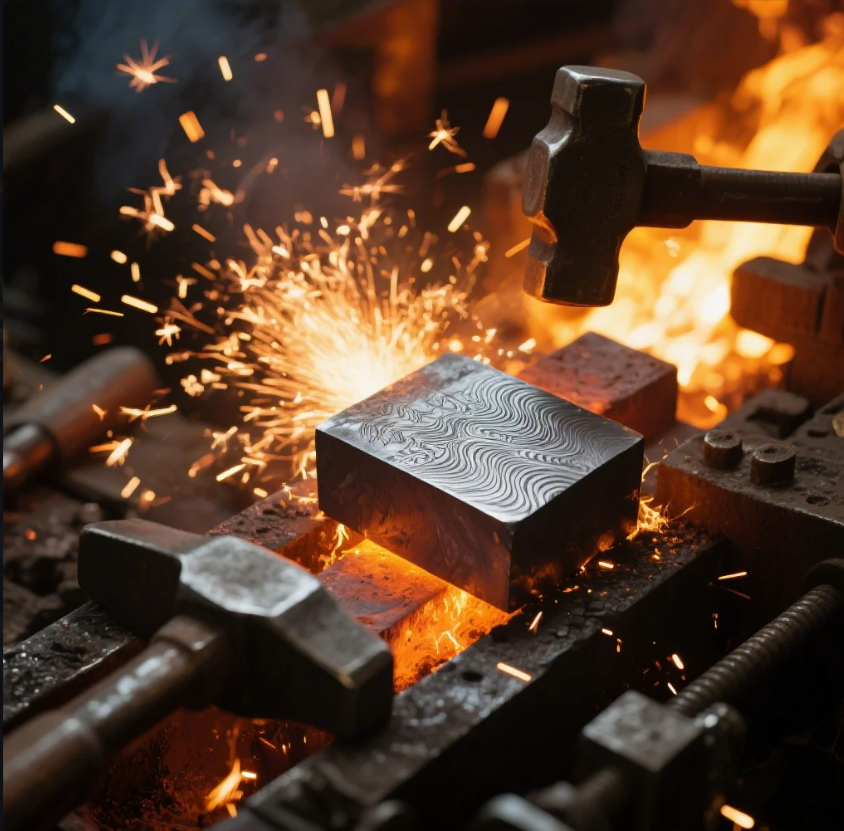
Ease of forging means faster production and lower cost
Aluminum is popular in industries looking for quick production cycles and light weight. It doesn't require extremely high temperatures, which reduces energy costs and increases tooling life.
Other easy-to-forge materials
- Copper: Great for decorative or electronic components
- Mild steel: Very forgiving in forging and forming
| Metal | Ease of Forging | Heat Requirement | Ideal Use Case |
|---|---|---|---|
| Aluminum | Very Easy | Low | Automotive, Electronics |
| Copper | Easy | Low | Plumbing, Electrical |
| Mild Steel | Easy | Moderate | Structural parts, Tools |
At Prime, we regularly forge aluminum and mild steel parts for our global customers, especially those needing fast delivery at scale. Our 10 production lines allow us to deliver custom forged components in as little as 10-15 days, depending on complexity.
结论
Choosing the right forging metal depends on your application, budget, and performance needs.
At Prime, we help buyers choose the best forging metals with confidence. Whether you're sourcing custom forging parts, ISO-certified components, or need advice on CNC part compatibility, we’re here to help.
👉 Contact us now through our website for a free quote, custom consultation, and discover why Prime is the trusted name in industrial metal part sourcing. We ship fast, package with care, and deliver the quality you need—every time.
TEMPLATE_END

